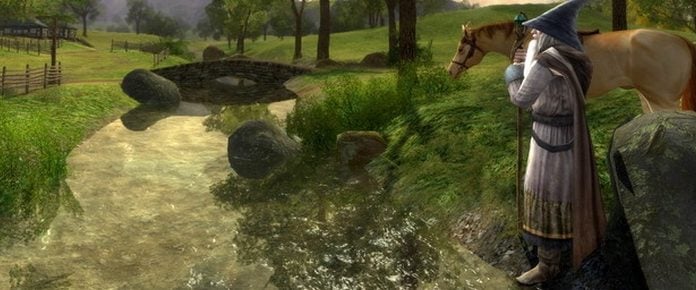
If you’ve ever read any of MOP’s Andrew’s coverage of Pokemon Go, you’ve probably noticed a recurring theme: One of his biggest pet peeves is that Niantic privileges urban players over everyone else. If you live far away from a large city, you’ll not only struggle to attend events there; you’ll suffer from a lack of hotspots, gyms, raid opportunities, and other players on the daily, and you’ll have to drive between far-flung destinations just to play. A studio obviously can’t fix a population weakness, but it surely could work harder to stop making game opportunities and rewards effectively dependent on where you live.
The same problem’s apparently cropped up in Hearthstone as Blizzard has begun incentivizing what are essentially player-hosted LAN-party events with an ultra-rare Nemsy cards, ostensibly in the service of community. I plugged my current address in and came up with no less than six events over the next month within 20 miles of my home – triple that if I am willing to drive up to 100 miles. But I live in a large city (6M metro area) in the midst of even more large cities. If I plug in my address from back when I lived in New Mexico, there are no events within 100 miles of Albuquerque and Santa Fe. Zip. Nada. They don’t even make the top 50 list for metro areas in the US, but they’re the biggest for 300 miles in any direction where they are. And still nothing.
So imagine how truly rural players must feel being screwed over by online games whose charms were supposed to include the fact that you can play them with other people from anywhere!
My gut reaction, and yours probably will be too, was that folks who live in rural areas should take the initiative and host their own, but as Kotaku points out, it’s not that simple as there are a few irritating hurdles to clear first. And even then, is it really all that fair for rural gamers to have to do groundwork that gamers in cities just have handed to them?
What’s the fix for these issues? How should studios solve the gaming-while-rural problem?
 Every morning, the Massively Overpowered writers team up with mascot Mo to ask MMORPG players pointed questions about the massively multiplayer online roleplaying genre. Grab a mug of your preferred beverage and take a stab at answering the question posed in today’s Daily Grind!
Every morning, the Massively Overpowered writers team up with mascot Mo to ask MMORPG players pointed questions about the massively multiplayer online roleplaying genre. Grab a mug of your preferred beverage and take a stab at answering the question posed in today’s Daily Grind!













